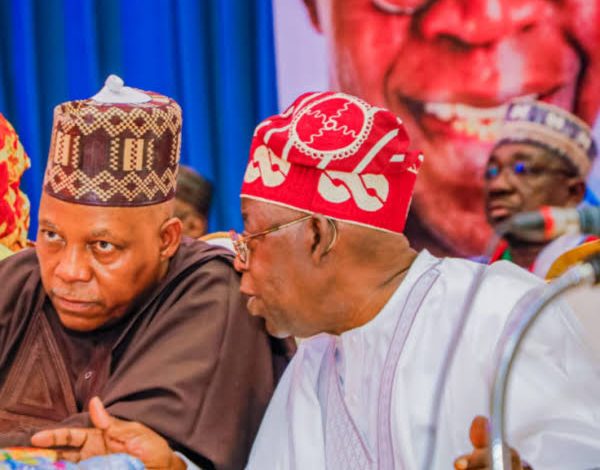By Milcah Tanimu
The endorsement of President Bola Tinubu‘s tax reform bills by Nigeria’s 36 state governors reportedly defused tensions between the president and Vice President Kashim Shettima. Sources close to the presidency revealed that initial opposition from governors, including vocal criticism from Borno State Governor Babagana Zulum, had created significant friction between the two leaders.
Governor Zulum had publicly opposed the bills, citing potential adverse effects on Northern states and criticizing the perceived favoritism towards Lagos State under the proposed 60% derivation principle. However, following revisions that reduced the derivation percentage to 30%, the governors ultimately endorsed the bills, easing tensions.
The National Economic Council (NEC), chaired by Vice President Shettima, had initially rejected the bills in 2024. Zulum’s actions, viewed as symbolic of Shettima’s stance, reportedly heightened friction between the president and vice president. However, the endorsement by governors is believed to have restored balance and prevented a public fallout.
The tax reform’s smooth progression and the resolution of internal conflicts highlight the delicate interplay between governance and regional interests in Nigeria’s political landscape.




